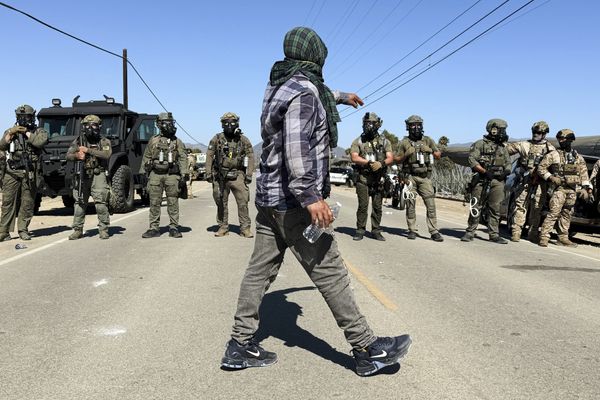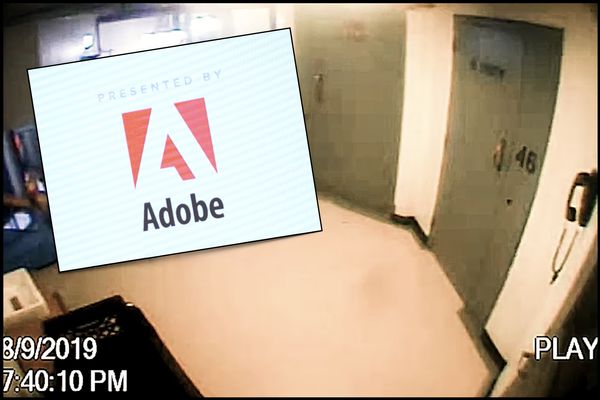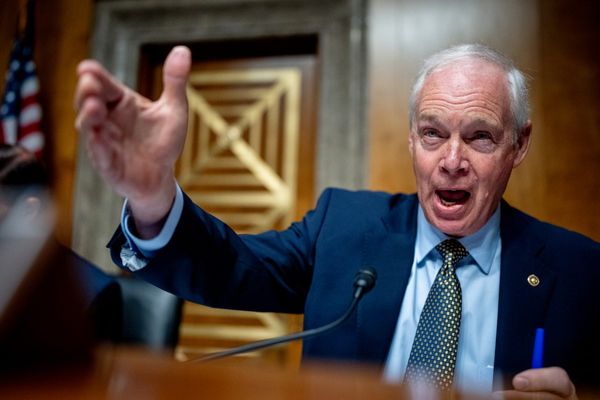
The Greens will seek to freeze all residential rents across Queensland for two years, under a bill being introduced into state parliament on Wednesday to combat the effects of the nationwide housing crisis.
With rents rising at the fastest rate in 14 years, the Greens MP for South Brisbane, Amy MacMahon, said a “brave and bold response” was urgently needed.
“When kids grow up in caravans while landlords make record profits, it’s clear that the housing system is broken,” MacMahon said.
“Landlords can charge more and more for rundown, mouldy houses because they know a desperate person will pay.”
So how does the bill work?
Under the Residential Tenancies and Rooming Accommodation (Rent Freeze) Amendment Bill, landlords could only rent their property at the amount for which it was rented out on 1 August.
The rate would remain the same for the next two years, even if there’s a new tenant or the home has since been renovated.
After two years have passed, rents could only increase by 2% every 24 months.
The federal Greens have similarly proposed a pause on rent increases for the next two years – a move they say would see wages catch up with rents by 2029.
The Greens are also calling for an end to no-grounds evictions, minimum standards for rental properties and more public housing.
How have governments responded?
The Queensland and federal Labor governments have dismissed the proposal, saying they are unsure how it would work in practice.
“It’s not clear to me, short of nationalising property, how that could be achieved,” the prime minister, Anthony Albanese, said last week.
The Albanese government has instead promised to build 30,000 social and affordable houses as part of its $10bn social housing fund.
Queensland’s housing minister, Leeanne Enoch, described the Greens’ proposal as “extremist”.
“What renters don’t need right now … is poorly thought through legislation from the Greens political party that could see a further reduction of housing supply in the private rental market,” Enoch told parliament on Tuesday.
What do renters’ advocates say?
Penny Carr, the chief executive of Tenants Queensland, said landlords should have to justify rent increases when they rise by greater than 10% above the CPI.
She said the union had seen price-gouging, including an age pensioner’s weekly rent increasing from $350 to $460.
“We need to start thinking about housing as something … that everybody needs as an essential service,” Carr said.
What do housing experts think?
Matt Grudnoff, a senior economist at The Australia Institute, said the proposal would, in the short term, benefit renters and was unlikely to reduce housing supply.
Less demand by investors could lead to house prices falling, allowing renters to purchase homes to live in, Grudnoff said.
“While you might have less rental properties on the market, you will also have less renters because some of those people who would’ve previously rented have now been able to buy property,” he said.
Grudnoff said issues would arise if fewer houses get built because of the policy – something he said was unlikely to occur.
Dr Di Johnson, from Griffith University Business School, said the proposal showed “the market-driven housing supply experiment” had failed many Australians.
But she said further investment in social housing and a cohesive national strategy was needed.
But Prof Shaun Bond, from the University of Queensland Business School, said a freeze could cause a greater shortage of rental accommodation, “which is one of the key things that’s driving the increases in rents”.
“It would create less incentive for landlords to hold rental properties and we may see less investment in the sector,” Bond said.
MacMahon was hopeful there would be a vote on the bill in parliament to stop rent profiteering and rampant rises.
“Given the gravity of the housing crisis, it would be a very poor reflection on the government to not debate the bill.”







